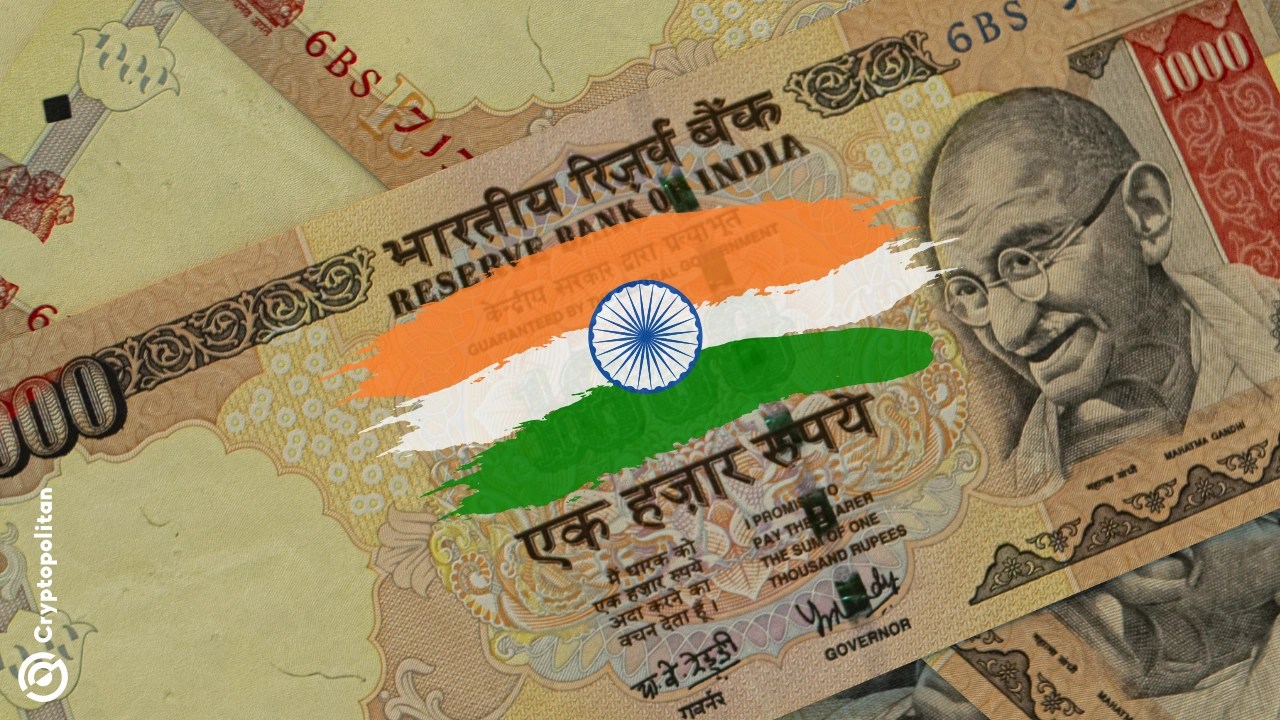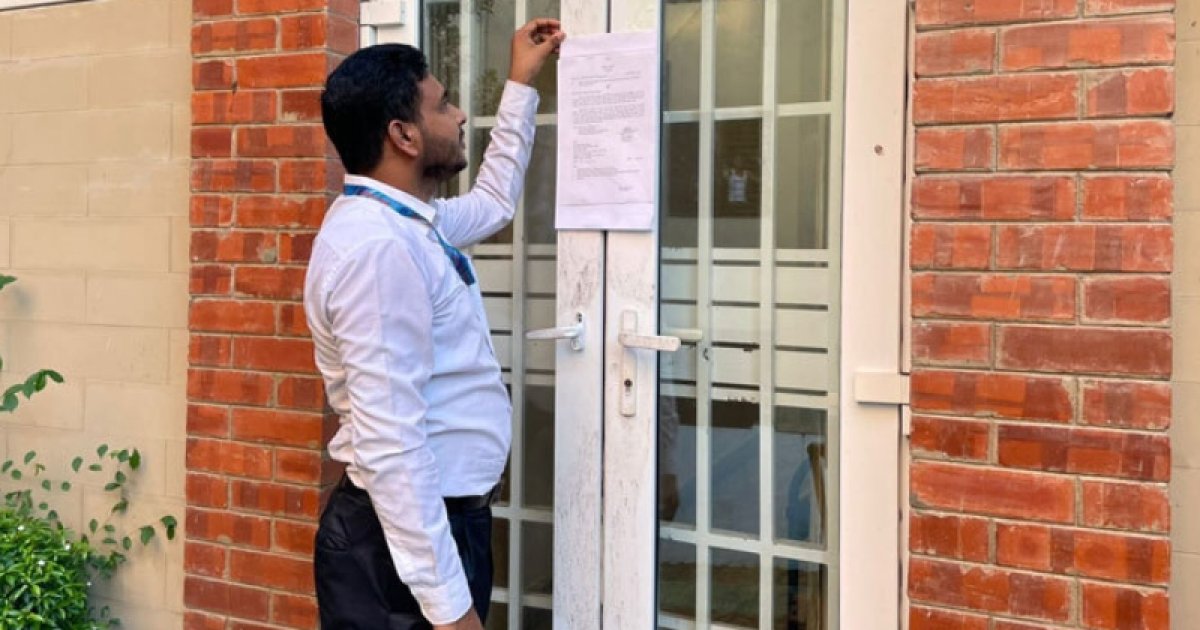Reserve Bank of India is consulting the public on whether to maintain the current 4% inflation target
The post Reserve Bank of India is consulting the public on whether to maintain the current 4% inflation target appeared on BitcoinEthereumNews.com. India’s central bank said on Thursday that the existing inflation-targeting regime has broadly delivered for the economy and likely needs no overhaul, and it released a discussion paper to gather public input on the path ahead. As the framework comes up for review by April 2026, the Reserve Bank of India (RBI) invited feedback on retaining the 4% goal and on whether to revisit or discard the 2 percentage-point tolerance band. As reported by Reuters, the paper also asks whether policy should continue to target headline inflation or pivot to core inflation, which excludes food and fuel. The consultation follows a government paper last year calling for a fresh appraisal after repeated spikes in food and vegetable prices. At the time, members of the central bank’s rate-setting committee had also signalled support for sticking with the current approach. The RBI cautioned that leaving food out of the target risks overlooking pressures on households with limited incomes. Ignoring food inflation “would be tantamount to being oblivious of the cost of living of the poor and its welfare implications,” the paper said. It noted that, across income levels and target designs, most countries focus on headline inflation. Over time, food and core inflation typically converge, though the speed of convergence depends on “economic circumstance,” it said. RBI defends current rules as successful The paper argued that the current rules have aided disinflation while preserving room to respond to external shocks. “Justifications for pursuing with the target and the framework stem from the relative success in bringing disinflation as well as flexibility in responding to exogenous shocks,” it said. The RBI also flagged potential costs to changing the objective. Raising the target above 4% could be read by investors as weakening the framework, while lowering it may be hard to justify amid higher…

The post Reserve Bank of India is consulting the public on whether to maintain the current 4% inflation target appeared on BitcoinEthereumNews.com.
India’s central bank said on Thursday that the existing inflation-targeting regime has broadly delivered for the economy and likely needs no overhaul, and it released a discussion paper to gather public input on the path ahead. As the framework comes up for review by April 2026, the Reserve Bank of India (RBI) invited feedback on retaining the 4% goal and on whether to revisit or discard the 2 percentage-point tolerance band. As reported by Reuters, the paper also asks whether policy should continue to target headline inflation or pivot to core inflation, which excludes food and fuel. The consultation follows a government paper last year calling for a fresh appraisal after repeated spikes in food and vegetable prices. At the time, members of the central bank’s rate-setting committee had also signalled support for sticking with the current approach. The RBI cautioned that leaving food out of the target risks overlooking pressures on households with limited incomes. Ignoring food inflation “would be tantamount to being oblivious of the cost of living of the poor and its welfare implications,” the paper said. It noted that, across income levels and target designs, most countries focus on headline inflation. Over time, food and core inflation typically converge, though the speed of convergence depends on “economic circumstance,” it said. RBI defends current rules as successful The paper argued that the current rules have aided disinflation while preserving room to respond to external shocks. “Justifications for pursuing with the target and the framework stem from the relative success in bringing disinflation as well as flexibility in responding to exogenous shocks,” it said. The RBI also flagged potential costs to changing the objective. Raising the target above 4% could be read by investors as weakening the framework, while lowering it may be hard to justify amid higher…
What's Your Reaction?







































